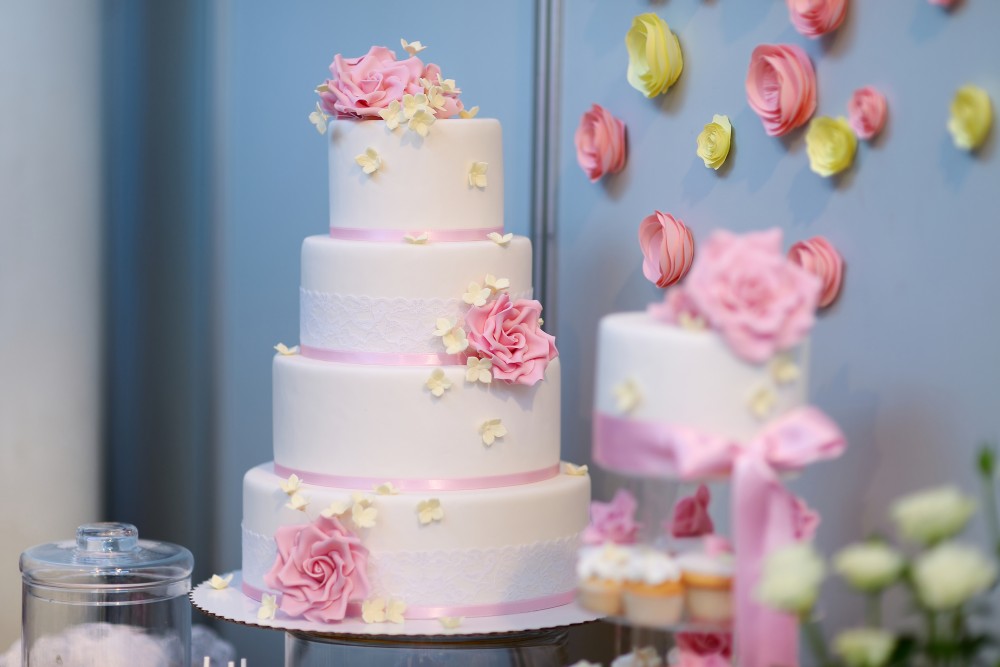Does baking a cake count as protected speech?
Like many legal and moral disputes, the case involving a Colorado bakery and a same-sex couple hinges on finding the right analogy.

The Supreme Court next term will hear a case involving same-sex marriage, one that pits two cherished American values against each other: freedom of speech and freedom from unfair discrimination. Masterpiece Cakeshop v. Colorado Civil Rights Commission concerns a Colorado cake baker who refused to bake a customized cake for the wedding reception of David Mullins and Charlie Craig because he disapproves of same-sex marriage. The couple filed discrimination charges against baker Jake Phillips and won their case before the Colorado Civil Rights Commission. Phillips appealed to the Supreme Court.
Phillips’s lawyers refer to him as a “cake artist” and describe his specialized cakes as a form of speech. Coercing him to bake a special cake for the same-sex couple, they say, is like compelling him to endorse a view that goes against his religious convictions—and that, they argue, is a violation of his First Amendment rights.
The couple’s lawyers, however, point to the Colorado Anti-Discrimination Act which prevents businesses from refusing to serve people based on sexual orientation. They argue that the case is about who the couple is, not about the expression they requested. Under state law, refusing to provide a cake to a same-sex couple is analogous to refusing service to an interracial couple, which is prohibited. Businesses, said Mullins, should not be allowed “to discriminate against us because of who we are and who we love.”




